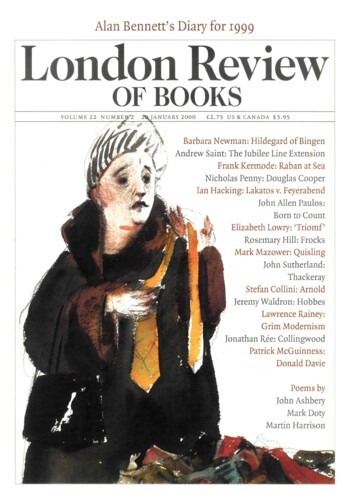For Robert Adamson
A blue smear bulges over the ridge;
there’s the counterpoint as well
of shine on white-hot duco
glimpsed on the ute
parked outside on the driveway. It
blinds its surrounds with a surfboard
beach-effect. It’s as ominous
as the Mary Celeste – it looks
lonely, isolated parked there,
brilliant in tinfoil sharpness
of afternoon light. If this were Ireland,
it would explode. No one would go near it.
Everywhere, drained objects.
A makeshift look – the spaces round things,
thirsty, blasted. Lizards skitter
on pavers. Up the shed, a blue-tongue
clunks in a pile of old iron; there’s even been
a hint of bushfire smoke, hard
to detect at first. Almost a pool’s chlorine smell.
Again, this afternoon, a storm’s on its way:
that cloud line’s now etched with thunderheads,
white-tinted like cotton-wool, as it builds
up further into a trident shape,
a cobra-headed plume, a ledge
where the lightning already flickers,
a streak of it flittering down
quick as a tumbler pigeon dropping
behind trees. I watch it –
forget about it – still miles away.
A line of brightness picks things out,
bouncing back from the ground
where the world of many-sized ants –
ones with cream dots,
bull ants, swarming small black ants
ready to attack if you dislodge their hard,
clay holes – goes on like traffic
at a city intersection: everything passing,
crossing over, moving in relation
to its own purposes. It could be one of those
stunt movies from the Thirties
where a streetscape filmed
from a skyscraper gets speeded up –
nothing crashes, everything fits –
so that time becomes fluid, allowing this
fixated, ground-based activity
of lizard and ant
to operate: impossible to breathe
if you thought this more than once a day.
Most violence is mundane, it seems.
Out here, on a blaster of a day like this,
I just survive. So that to be able to say if
the ants expect a Yangtse
or what is the exact point
at which that oncoming, ultramarine cloud
turns into translucent glare
shattering its excess
of green light into a pre-storm’s
voiceless, windless moment
of quickening darkness
where the birds go silent –
I know it’s time to pack up
when the plastic sheet, weighted down
over the sand-pile, flickers
like a lion, couched in grass, raising its head –
is to put a marker
nowhere
on a border which can’t be found, which
just occurs and has
already happened. Yet each instant
that border is
defended to the death like an eye-blink
fights annihilation. It’s just the moment’s
particularity which makes
this much attachment
sow dragon’s teeth in earth and which (like a sky)
makes even transparency a shadow.
That’s what happened five minutes ago.
A clear, overhead blue was microwaving
the garden plants to mash
making them collapse in invisible fire.
Send Letters To:
The Editor
London Review of Books,
28 Little Russell Street
London, WC1A 2HN
letters@lrb.co.uk
Please include name, address, and a telephone number.

